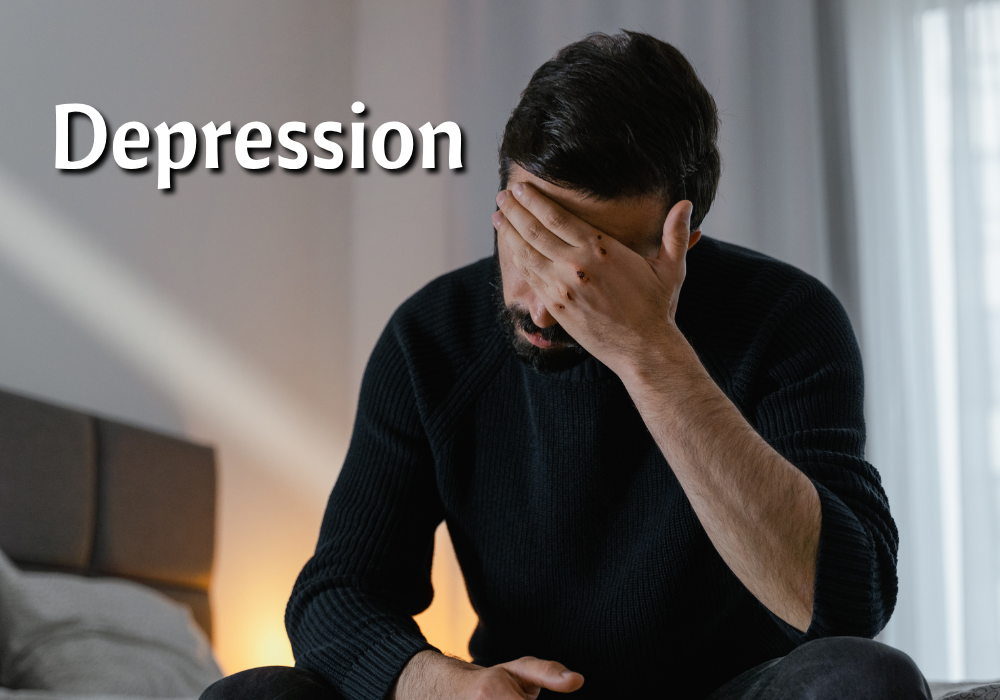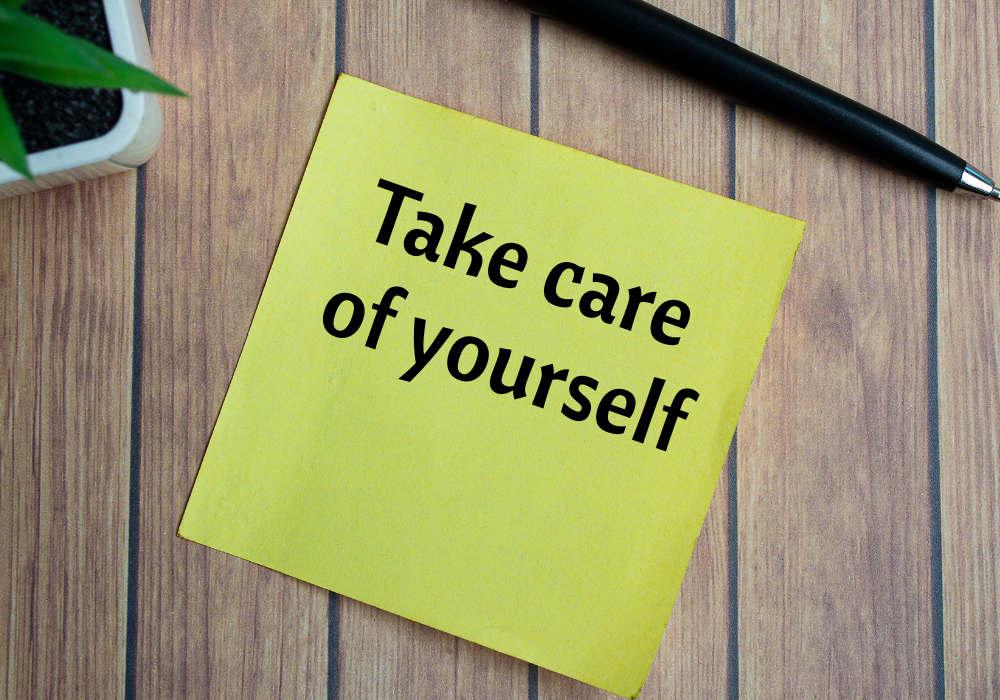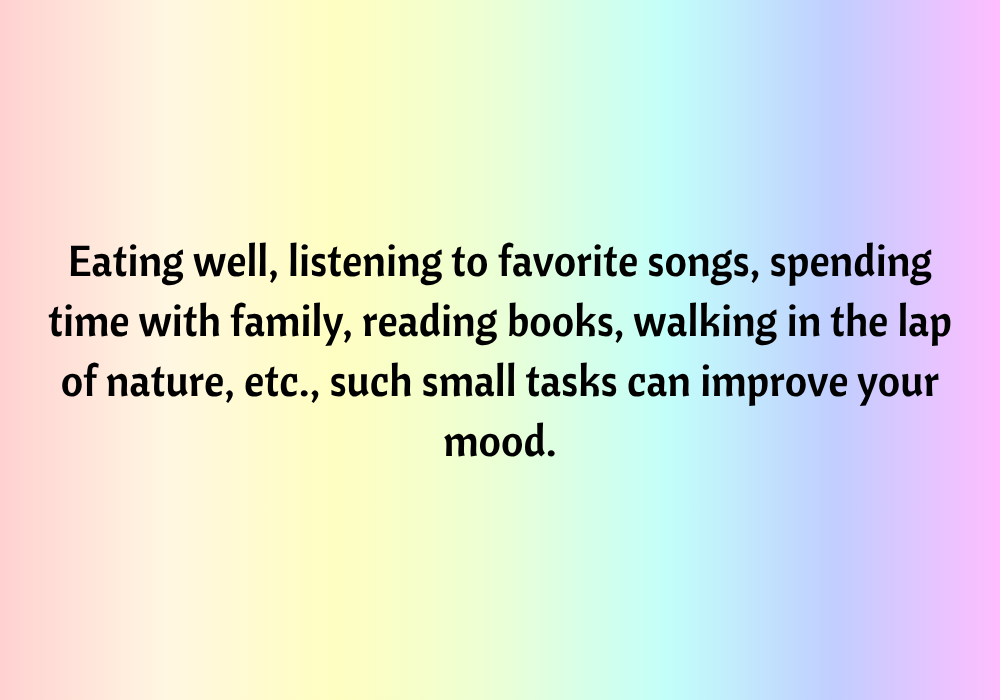Men’s Mental Health Month: Introduction-
Table of Contents
Every year, especially the month of June, is celebrated as ‘Men’s Mental Health Month’. This campaign started in the year 1992. It aims to increase awareness about mental health among men, prevent suicide, recognize mental challenges, and motivate people to get the right support and care. This month of June reminds us that men can also be affected by emotions and mental problems and need sensitivity and support to deal with them. Initially, this campaign was focused on the physical health of men, but gradually, special emphasis started being given to mental health in it. This idea is spreading in many countries, including India.
As Men’s Mental Health Month, this month of June is the time when we focus on a very important but always ignored problem in society, ‘men’s mental health’. While physical strength and emotional stability are considered symbols of masculinity, expressing emotions, feeling tired, or asking for help has always been considered a weakness for men. This thinking forces them to remain silent, and this silence sometimes becomes fatal for their lives.
Mental health is not limited to any age, gender, or class. But in the context of men, this subject is entangled in many social and cultural layers and is misunderstood. Boys are taught from childhood that ‘men don’t cry’, ‘you are talking like a girl’, ‘don’t be weak’, etc. All these sentences may have seemed normal in childhood, but these things gradually become the cause of mental pressure, self-rejection, and emotional blockage. The result is that men smile even in pain, remain silent even when they are broken.
The main objective of Men’s Mental Health Month is to break this silence. This June is a golden opportunity to remind men that “seeking help is not weakness, but wisdom.” This statement not only makes men aware of their mental health but also inspires the entire society to adopt an empathetic approach.
In the present times, problems related to men’s mental health are increasing very rapidly. Depression, anxiety, work burnout, relationship stress, and suicide are at an alarming level. According to the World Health Organization, the suicide rate in men is higher than that of women, and the major reason for this is the inability to accept this mental illness and not seeking help from time to time. It is no longer possible to ignore this truth.
Men’s Mental Health Month is not just about identifying problems; it is a movement to bring about change, to start a conversation, and to provide support. Men’s Mental Health Month teaches us that expressing emotions, stopping when you are tired, and sharing the storm inside is also a part of being a human, and humanity is bigger than masculinity.
This month, during Men’s Mental Health Month, we should try to understand the state of mind of the men around us. As a friend, a brother, a father, a colleague, everyone should feel that they are not alone. We should create an environment in our society where men can talk openly without any shame or fear.
Therefore, Men’s Mental Health Month is a voice for those millions of men who are struggling within themselves. This is an opportunity for us to together create a society in the form of ‘Men’s Mental Health Month’ where talking about men’s mental health is not considered against masculinity, but is considered a responsible aspect of it.
Men’s Mental Health Month: Requirement-
Under Men’s Mental Health Month, the need for mental health in men is as follows.
1. Cultural expectations and pressure-
In our society, men are often expected to always be strong, calm, and confident. Expressing their emotions or accepting mental pain does not make people consider them weak. Due to the fear of this mentality, they are unable to reveal their inner pain to others.
2. Monthly stress and responsibilities-
In today’s time, men play many roles, such as work, family, social responsibility, and financial pressure etc. Job uncertainty, family care, financial crisis, and career challenges all have an impact on the mental state.
3. Invisible mental illness-
Men often have problems like depression, anxiety, stress, social phobia, alcohol or drug addiction. But many times, they shy away from seeking help from a doctor or psychiatrist, because this topic is not discussed openly.
4 Increase in suicide rate-
Worldwide, the suicide rate of men is four times higher than that of women. This only proves the serious lack of mental health, which can be improved in time.
Men’s Mental Health Month: Health-related challenges-
Under Men’s Mental Health Month, the challenges related to mental health are as follows.
1. Depression-

Depression is not just sadness. It is associated with symptoms such as hopelessness, fatigue, loss of interest, changes in sleep or appetite, and low self-esteem. It is always difficult to identify depression in men because they hide it with anger, irritability, or a tendency to overwork.
2. Anxiety and stress-

Anxiety takes many forms. Such as financial, family, career, etc. Apart from this, stress does not allow sleep. The mind remains disturbed repeatedly. Breathing and heartbeat become faster.
3. Lack of self-reflection-

Men always feel uncomfortable sharing their feelings openly with others. Lack of self-reflection, such as trusted friends, family, or a therapist, deepens their mental troubles.
4. Social expectations-
Certain beliefs push men to hide their mental struggles, also known as toxic masculinity. Such as “men should not cry” or “men are stronger at suppressing emotions.”
5. Addiction and self-harm-
Some men turn to alcohol, smoking, drugs, or addiction to deal with stress or grief. This may provide temporary relief, but in the long run, it worsens mental health.
Men’s Mental Health Month: Cultural and social barriers-
Under Men’s Mental Health Month, some cultural and social barriers related to mental health are as follows.
1. Definition of masculinity-
There are many rigid definitions related to masculinity in society. Such as self-reliant, not showing emotions, decision maker. These definitions encourage men to hide mental pain and not accept the problem.
2. Disgust in asking for help-
The notion that ‘asking for help is a sign of weakness’ is deeply rooted in society. If someone talks about meeting a therapist, many men feel pain, considering it a sign of ‘needing psychotherapy’.
3. Lack of awareness-
Many men do not have proper information about mental health. They feel the symptoms, but they do not know what to do, where to go, or how to seek medical help.
4. Negligence of family members-
Some families do not take mental health seriously. They react insensitively by considering it as ‘mental weakness’, ‘strange words’, or ‘no reason for worry’.
Men’s Mental Health Month: Measures and strategies to improve mental health-
Under Men’s Mental Health Month, the measures and strategies to improve mental health are as follows.
1- Identify the primary cause-
If you feel that you are not able to sleep, are feeling less hungry, have lost interest in things, or are feeling sad repeatedly, then all these can be signs of depression or anxiety. If you are constantly getting angry, feeling excessively tired during work, staying away from friends, or are inclined towards alcohol or drugs, then pay attention to these.
2- Talk to a trusted person-

A close friend, family member, or trusted person, with whom you can talk openly, inform them about your situation. Talking makes the mind lighter, and you can understand your problem.
3- Seek counseling or therapy-

Do not hesitate to meet a mental health professional, such as a psychiatrist or psychologist. Therapy helps you to vent out your feelings, understand patterns, and bring about positive changes.
4- Take care of yourself-

A balanced diet, yoga or exercise, adequate sleep, and rest are essential every day. Meditation, pranayama, walking, and spending time in nature provide mental peace.
5- Maintain social connections-

Spend time with friends and family. Participate in your interests, such as sports, music, books, etc. Additionally, group activities such as clubs, official programs, etc., strengthen social relationships.
6- Avoid alcohol and drugs-

Do not consume alcohol or drugs during times of stress. These provide temporary relief but aggravate the problem. To get rid of addiction, take professional help. Such as detox centers, support groups, therapists, etc.
7- Digital break-

Keep some distance from social media, useless screen time, work-related chats, and notifications. Relax your mind by staying away from the digital world for some time.
8- Embrace small joys-

Eating well, listening to favorite songs, spending time with family, reading books, walking in the lap of nature, etc., such small tasks can improve your mood.
Men’s Mental Health Month: Importance-
Under mental health, the importance of Men’s Mental Health Month is as follows.
1. Spreading awareness-
In Men’s Mental Health Month, various organizations raise awareness about mental health among men through social media, media talk, workshops, webinars, etc. Such as what its symptoms are, how to get help for it, how common this problem is, etc.
2. Support for mental health-
“You are not alone.” This message is disseminated on a large scale. Men are made to understand that there is no shame in seeking help, but it is a part of mental health and general well-being.
3. Providing resources-
Seminars, counselling slogans, helpline numbers, therapist lists, strategies to support friends and family, etc., are all shared during this month so that everyone can take steps in the right direction.
4. Role models and stories-
Famous men, such as doctors, sportspersons, leaders, etc., share their mental health journey to show that everyone can be affected by depression, anxiety, stress, and solutions are possible.
Men’s Mental Health Month: Helpful Resources-
1. Helpline and online support-
Some platforms in India, such as Kiran Helpline, Aasra, Therapy Platform, etc., issue helpline and online support, where one can talk to trained therapists.
Apart from this, if you need other information related to mental health, I can help you. You can get the latest information from the website, vijaybooks.store. Other blogs related to this are also available.
Another blog has also been written equivalent to this blog.
2. Local clubs and support groups
In cities like Delhi, Mumbai, Lucknow, etc., there are mental health clubs, support groups where men can share their experiences and get guidance from experts.
3. Books and articles-
Books and blogs available in Hindi and English, such as ‘The Mindful Male’, ‘Man’s Search for Meaning’, ‘Emotional Intelligence’, Mental Health (Blog), and Hindi books like ‘Man Ki Shakti’, ‘Jeevan Ke Bhavnatmak Aapko’, etc., can be helpful.
Men’s Mental Health Month: Personal Experience: Fiction Story-
Henry’s Story-
Henry is a 35-year-old engineer. He was always stressed due to family, career, and financial pressures. Gradually, he started getting less sleep. He started getting angry more often, did not feel like working. He avoided going to social gatherings. Gradually, the distance between him and his friends increased. One day, when someone asked him, “Are you okay?”, he broke down and was always sad.
He opened up to his closest friend. The friend suggested that he talk to a mental health specialist. Henry contacted a psychiatrist. With the help of skilled therapists and counselors, he slowly understood anxiety and stress, expressed his feelings, and adopted positive habits.
In a few months, he changed his lifestyle. With daily yoga, healthy food, meditation, adequate sleep, and therapy from time to time, he started feeling better. Now he shares his experience with other men, so that they know that seeking help is not a matter of shame, but a responsibility of being alive.
Men’s Mental Health Month: Conclusion-
Men’s Mental Health Month is not a repetition but an inspiring moment in every man’s life—recognize your mental conditions in time, do not hesitate to ask for help, practice self-care, and send a message to society that men are not isolated from emotions. We all—friends, family, institutions, government—have a responsibility to accept men’s mental health as a normal health, support it, and create a safe environment for everyone to talk openly.
Men’s Mental Health Month is not just a campaign for June. It is a step towards annual awareness and action change on Men’s Mental Health Month. Recognizing the mental challenges of men, giving them a safe space, telling them options for help, all these are steps towards making society mentally healthy.
Remember the inspiring message-
1. Do not suppress your emotions; positively express them.
2. If something doesn’t feel right—ask for help.
3. Healthy lifestyle food, sleep, and exercise stabilize the mind.
4. Talking about mental health in society is not a weakness but wisdom.

